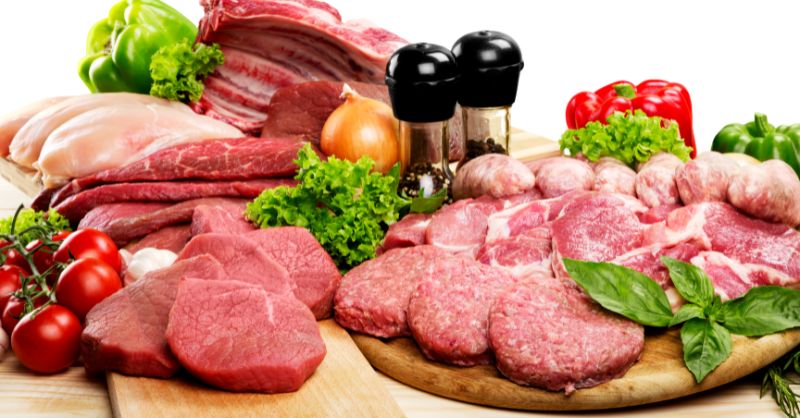Rising Demand for Sustainable Wholesale Frozen Meat: Meeting Halal Preferences

In recent times, the global food industry has witnessed a significant shift towards more sustainable and ethically-sourced products. One sector that has gained particular attention is the frozen meat industry. With the growing awareness about the environmental impact of traditional meat production methods, consumers and businesses alike are increasingly seeking out frozen meat suppliers who offer sustainable, antibiotic-free, and halal options. This article delves into the rising demand for such products and the market trends shaping the industry.
Wholesale frozen meat suppliers have recognized the need to adapt to evolving consumer preferences and concerns about sustainability. As a result, they are now focusing on sourcing meat from farms that prioritize animal welfare, use environmentally friendly practices, and promote sustainable production methods. By catering to these demands, suppliers are not only meeting the expectations of conscious consumers but also aligning themselves with the broader global movement toward sustainable agriculture.
One of the key factors driving the demand for sustainable frozen meat is the increasing awareness of the negative impacts of antibiotic use in animal farming. Antibiotics
Furthermore, the demand for halal frozen meat has been steadily rising, driven by the expanding Muslim population and increased preference for halal-certified products among non-Muslim consumers. Halal meat refers to products that comply with Islamic dietary laws and are produced in accordance with specific religious practices. With more consumers seeking halal options, wholesale frozen meat suppliers are increasingly obtaining halal certification to tap into this growing market segment.
From a business perspective, catering to the demand for sustainable, antibiotic-free, and halal frozen meat provides suppliers with a competitive advantage. By diversifying their product range and meeting evolving consumer expectations, suppliers can attract a broader customer base and forge long-term relationships with their clients. This shift towards sustainability also opens up opportunities for suppliers to collaborate with food service providers, restaurants, and other businesses that are committed to offering environmentally friendly options to their customers.
In terms of market trends, the frozen meat industry is experiencing substantial growth and innovation. As technology advances, suppliers are adopting improved freezing techniques to maintain the quality and nutritional value of the meat during the freezing process. Quick-freezing methods, such as blast freezing, help to lock in freshness and preserve the taste and texture of the meat, making it an attractive option for consumers.
Additionally, the rise of e-commerce and online platforms has revolutionized the way frozen meat is sourced and distributed. Wholesale frozen meat suppliers can now reach a wider audience and streamline their operations through online marketplaces. This digital transformation has made it easier for buyers to compare prices, access a diverse range of products, and make informed decisions based on their specific requirements.
The demand for sustainable, antibiotic-free, and halal frozen meat is on the rise, driven by increasing consumer awareness and changing dietary preferences. Wholesale frozen meat suppliers who adapt to these market trends and offer high-quality products that meet these criteria are well-positioned for success in the evolving food industry. By prioritizing sustainable sourcing, ethical production methods, and meeting the diverse needs of their customers, suppliers can contribute to a more environmentally friendly and socially responsible food ecosystem.
